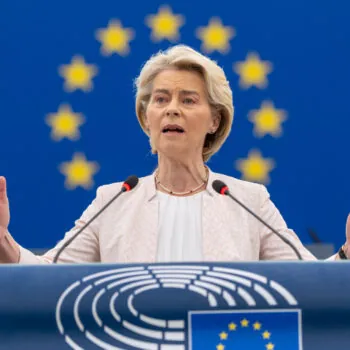Energy security is fundamentally a cross-border issue. The ability to share energy across borders in Europe increases resilience to supply disruption. However – in a striking parallel to the economic sphere – vulnerabilities within individual countries can jeopardise the security of the EU as a whole. European energy security entails both cross-border solidarity and a responsibility for member states to manage their energy systems efficiently.
The Connecting Europe Facility (CEF) is a key instrument to drive forward cross-border infrastructure for European energy security and solidarity. It needs to be carefully targeted to ensure maximum public value from the very limited public funding available. This requires hard-headed economic valuation to ensure supported projects stack up over both the short and long term, and align with EU energy and climate goals.
Projects that genuinely integrate European energy markets, end energy isolation or facilitate domestic renewable power sources can represent high-value investments in European security and resilience. By contrast, simply increasing gas import capacity represents poor value for money if the additional energy imported is ultimately wasted. There is a material risk, however, that security-critical electricity infrastructure and efficiency projects will be squeezed out in favour of a narrow focus on gas imports.
Europe’s energy security strategy currently lacks coherence. There is a notable disconnect between the economic valuation of energy infrastructure and that of energy efficiency. Gas demand in Europe has fallen by 9% over the last decade, but gas projects are currently evaluated against scenarios that assume 72% higher EU gas demand in 2030 than would be the case if the proposed 30% energy efficiency target for 2030 is met. A failure to bridge the consistency gap will lead to public objectives being missed and public money being wasted on expensive but underutilised infrastructure projects.
To ensure real public value and energy security, the European Commission should:
- Reallocate a portion of CEF funding from transport to energy, in recognition of falling transport demand and the new geopolitical context on energy security;
- Make infrastructure funding conditional on the delivery of energy efficiency plans;
- Implement an earmark for electricity; and
- Ensure project valuation is fully consistent between sectors and in line with EU climate and energy targets.
The full briefing paper is attached.



